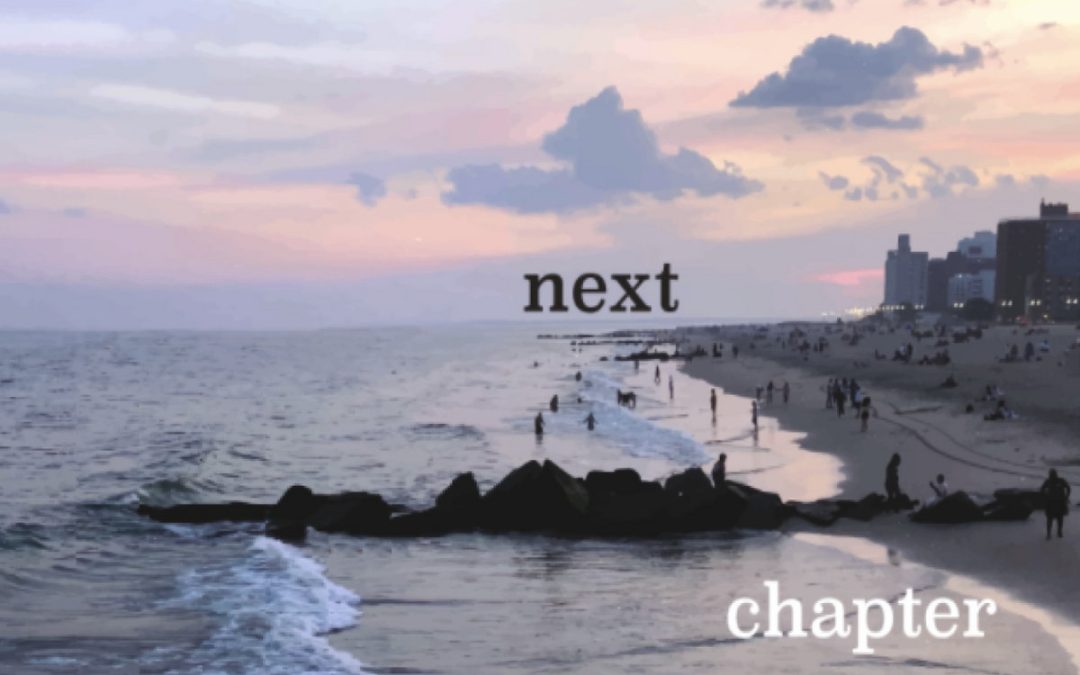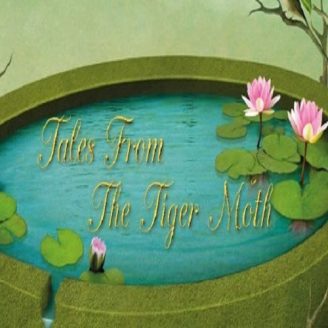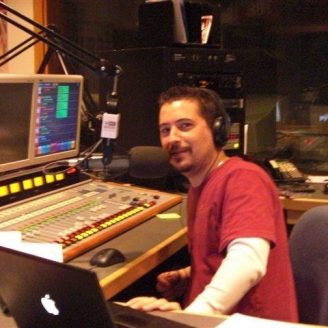Bassoon is not an instrument normally associate with jazz, and while Rabinowitz is not the first to play bassoon within the genre (Garvin Bushell and Frank Trumbauer took some recorded solos in the 1920s and Illinois Jacquet and Yusef Lateef were among those who occasionally played it in the 1950s and 60s), he is believed to be the first to specialise in the instrument. He made his recording debut with Ira Sullivan in 1981, moved to New York five years later, and has since worked with the Charles Mingus Orchestra (as a founding member), Dave Douglas (in the Mosaic Sextet), Red Rodney, Joe Lovano, Anthony Braxton, Wynton Marsalis, Chris Potter, Ryan Truesdell, Elvis Costello and many others in addition to heading his own groups. With the easing of the restrictions imposed by COVID, he performed some of his new compositions at Django in New York City with a quartet comprised of Matt King on piano and melodica, bassist Andy McKee, and drummer Tommy Campbell, which led to the same quartet then recording this album which features six of the bassoonist’s originals and two songs by King.
Normally a bassoon is used to provide long notes, but on this album Rabinowitz plays it more as if it were a clarinet with quick runs interspersed with melodic breaks which soon ensures one forgets that one is listening to an instrument not normally associated with the genre as it sounds so much at home. As with all good bandleaders, he knows when to take a back seat and if one was to just play “Minor Blues Experiment” it would be difficult to say who was in control as everyone has a major role to play. The note density throughout this and other songs is quite remarkable, as everyone is rushing to prove a point. It is not the only blues piece on the album as the band happily switch between the genres, which are often closely related. It is not all hustle and bustle though, as they can all be more reflective at times, with the title cut being a fine example of showing how the bassoon can take us on a journey while the other musicians are there in full support. This is much more than an album to be listened to as an oddity, as Rabinowitz shows the bassoon very much belongs in jazz, and this proves it.
Rating: 7/10














